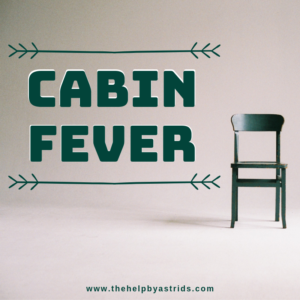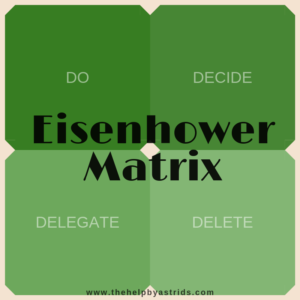
Just recently I took on a project that had me working weekends, something I do not recommend doing if you’re serious about looking after your health. I was cooped up in my house, slaving away on my computer while the rest of the world was having a life. After four weekends of this, I got a serious case of, what kids nowadays call, fear of missing out (FOMO). The isolation that comes with being inside all the time is something very real for remote workers. I had a bad case of cabin fever.
What is cabin fever? “Cabin fever is an idiomatic term for a claustrophobic reaction that takes place when a person or group ends up in an isolated or solitary location, or stuck indoors in confined quarters for an extended period of time.[1]” Suddenly, this big old house felt small and limiting. I needed to get out for a while and reintegrate myself into society.
So, I went on a vacation – away from the central business district, away from the city. I went where there was sun, sand, and sea. Even if it was just a short break, that magical combination will do wonders for your mental health.
But cabin fever isn’t just for remote workers or people who work from home. Office workers can feel cabin fever, too. With the bright lights and the built in partitions, sometimes, an office cubicle can also feel claustrophobic too. So whether you’re a remote worker or an office employee, here are two tips to stave of the feeling of being cooped up.
Maximise your mornings:
Have something to look forward to every morning. This will keep you from feeling like you’re stuck in a routine. Have something to “shake things up” if you may. Plan activities that you find interesting and/or rewarding. Some suggestions are:
- A breakfast for champions – something with bacon is always a winner.
- A fabulous outfit – now is the time to wear that tie you got for Christmas.
- A new podcast to listen to on your commute – like productivity podcasts and personal development podcasts.
- A quick run – if you’re the running type.
- A kick*ss playlist – like songs from the breakfast club.
- A run around the block or quick playtime with your pet/s – my favourite activity.
Switch it up:
This is what I didn’t do during the time I was working weekends. I know I should’ve packed my stuff and went to visit a coffee shop or a coworking space, but I didn’t. I would have welcomed a quick shopping session for a bit of retail therapy. So as much as possible, go outside and get some fresh air. Welcome a change of scenery, preferably with green things. If you’ve been stuck at the office, use your lunch break as an excuse to go outside and eat lunch at a park or alfresco cafe.
What are
Written by Jaie O. The Help
References:



